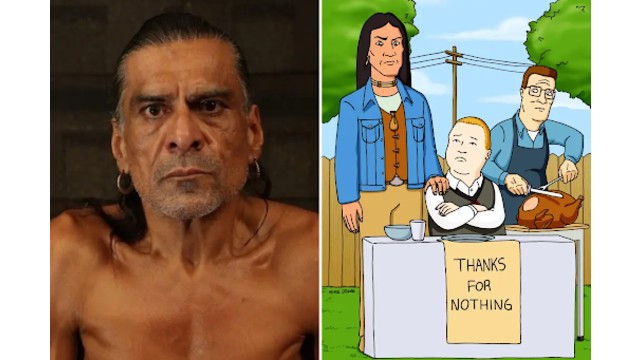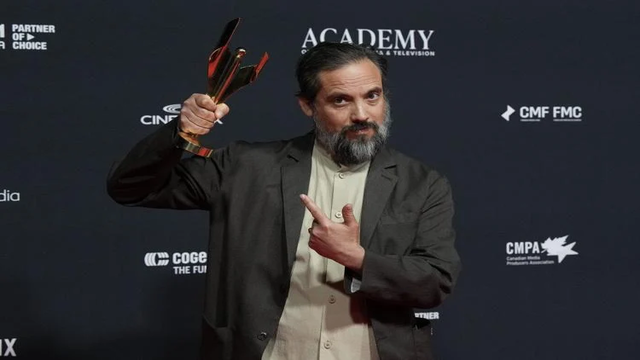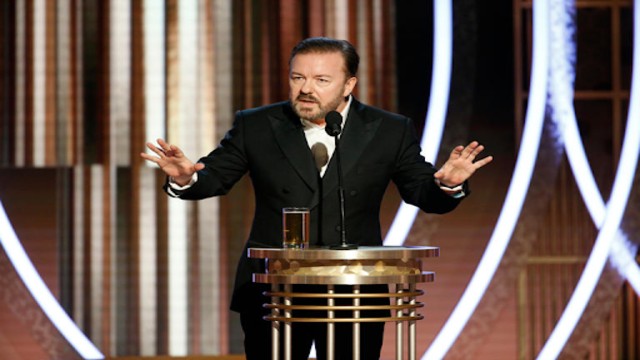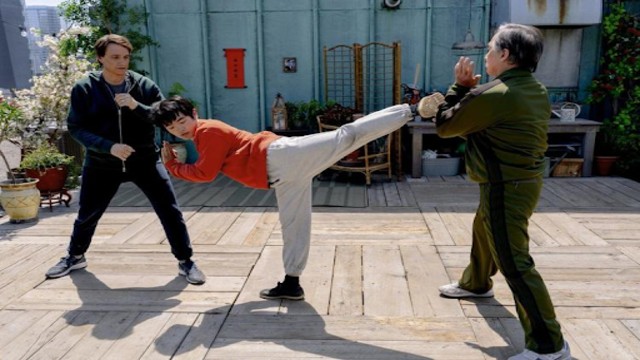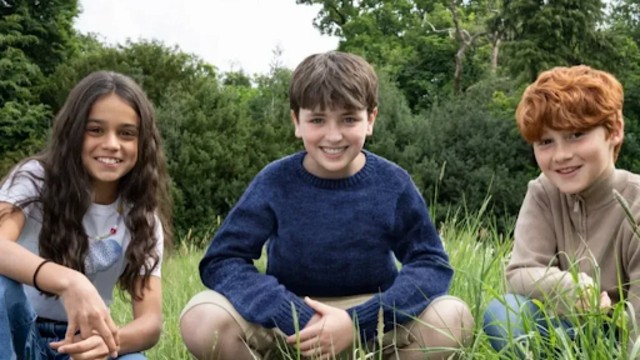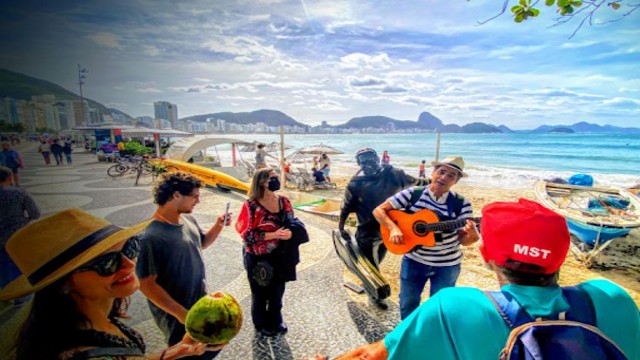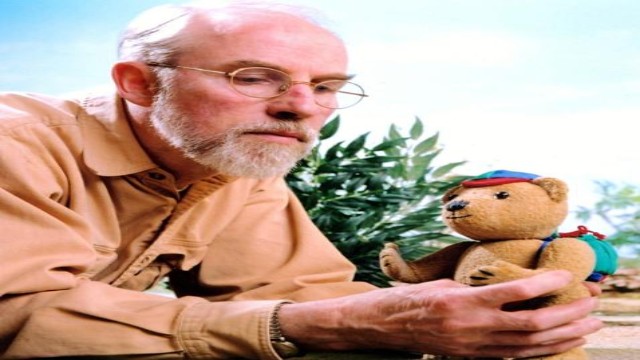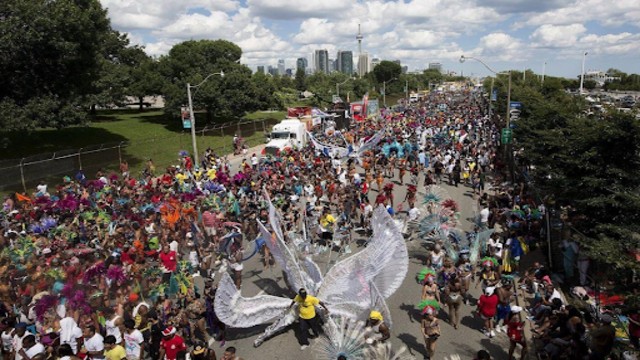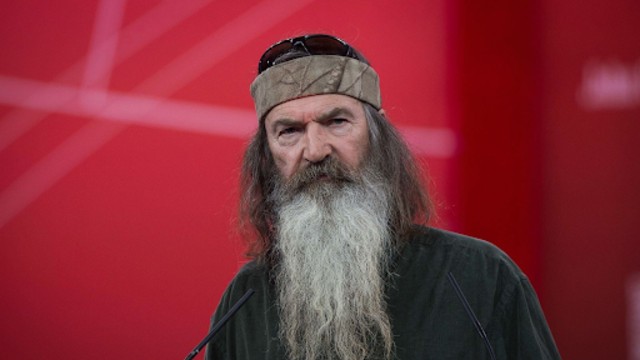
A scene from ‘Pachinko’. (Apple Tv Photo via AP)
The second season of “Pachinko,” debuting this Friday, explores the struggles of ethnic Koreans who were brought to Japan during colonial rule and their descendants, focusing on themes of home and identity across multiple generations.
Returning to Apple TV+ with eight new episodes, the acclaimed series, based on the New York Times bestselling novel, traces four generations of a Korean immigrant family in Japan, starting before World War II. The cast features Oscar-winner Youn Yuh-jung and Korean actor Lee Minho.
During Japan’s colonial rule over Korea from 1910 to 1945, many Koreans were brought to Japan, often against their will, to work in mines and factories. The series highlights their harsh treatment and ongoing discrimination.
Youn, who portrays the older version of the protagonist Sunja, admitted she was initially unaware of the struggles faced by ethnic Koreans in Japan, known as Zainichi Koreans. Her understanding deepened after speaking with actor Soji Arai, who plays Mozasu, Sunja's son and is himself of Korean descent. Youn shared that hearing their stories deeply affected her.
Season two continues Sunja’s journey as she struggles to provide for her sons Noa and Mozasu during the war. The series depicts the persistent discrimination faced by ethnic Koreans, including a scene where a Japanese factory worker derogatorily refers to his Korean colleagues.
Years later, Sunja’s grandson Solomon faces discrimination at a store and feels that his achievements won’t shield him from prejudice.
The series, presented in Japanese, Korean, and English with subtitles, is inspired by Min Jin Lee’s novel, which is named after a Japanese arcade game where many ethnic Koreans worked in jobs shunned by locals.
Youn described her portrayal of Sunja as someone deeply affected by persistent discrimination, a feeling she relates to her own experiences with language barriers and an inferiority complex. Despite many ethnic Koreans in Japan becoming naturalized citizens, about half a million still live there as foreigners.
Executive producer and showrunner Soo Hugh expressed initial concern about how the series would be received by Zainichi Koreans but was pleased to learn that it resonated deeply with them. She noted that understanding the historical context from the perspective of those directly affected required unlearning much of her previous knowledge.
Youn also addressed concerns about portraying sensitive historical issues, stating that as an actor, she feels detached from political ramifications.
Hugh emphasized that the series evolves from focusing on daily survival to exploring broader questions about identity and belonging in Japan, echoing experiences familiar to many Korean immigrants.
Youn believes that one’s identity endures regardless of circumstances. “I see many people trying to erase their Korean identity,” she said. “There’s no need for that.”
The second season of “Pachinko” is now available on Apple TV+.


